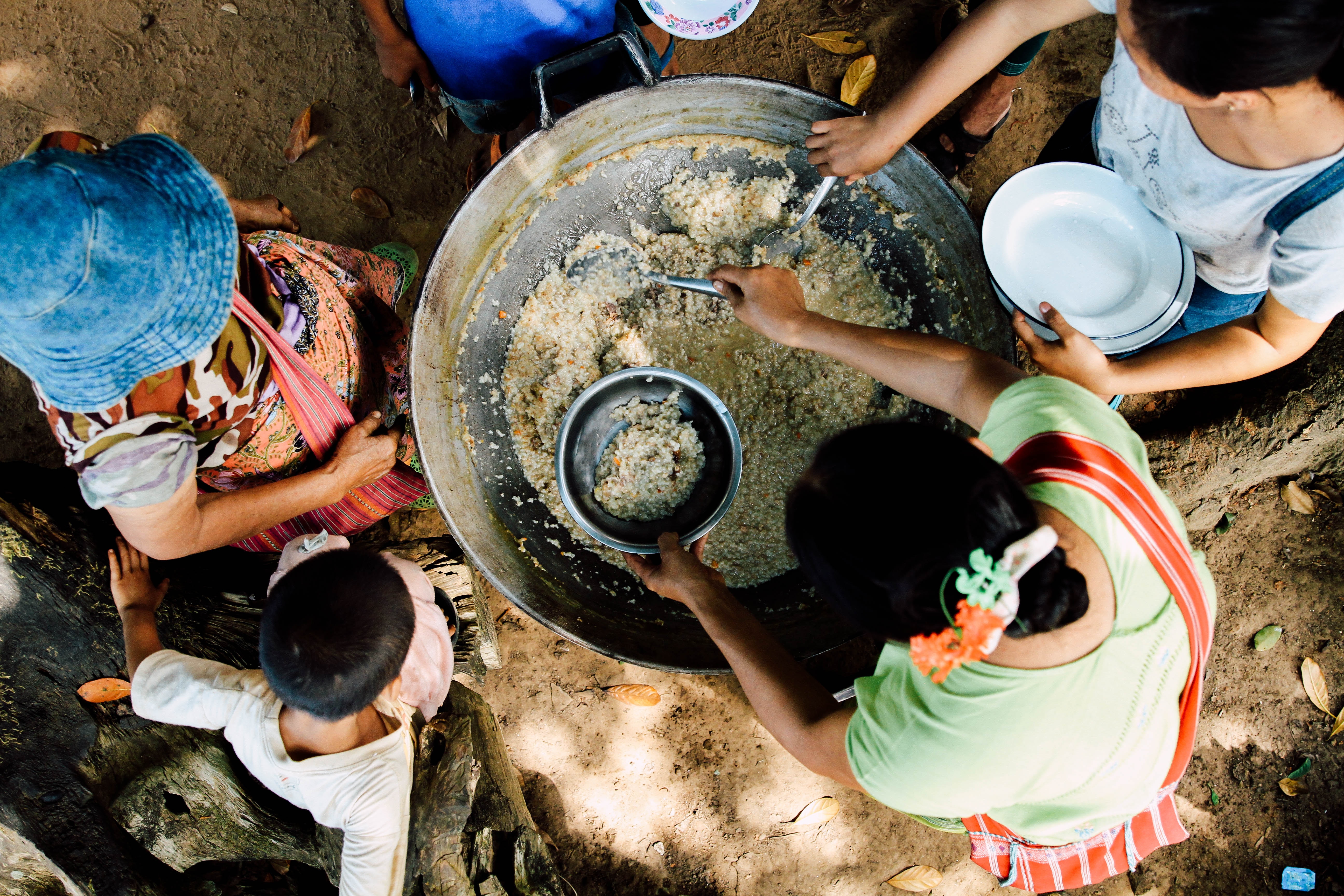Too much pain – a UNHCR report on FGM and asylum in the EU
UNHCR’s recent study “Too Much Pain”, which focuses on the link between FGM and asylum, highlights the need for better information, support and guidance to be given to key decision makers in the asylum system regarding this damaging practice.
The study, which is the first of its kind, provides a statistical overview of Female Genital Mutilation (FGM) and asylum claims in the EU member states and Croatia.
Currently very little data is collected on FGM as related to asylum claims, so the UNHCR study is largely based on estimates. The report suggests that in 2011, an estimated 8,809 female asylum applicants aged 14-64 may have been affected by FGM. In Austria, Malta, Belgium, France, Germany and the UK, more than half of all female applicants from FGM-practising communities may have been affected by FGM in 2011.
One quotation by Teliwel Diallo, anti-FGM activist in Guinea and refugee in Belgium, stood out in the study:
“The social worker to whom I explained my story said, ‘Excuse me,but what are you talking about?’ For a moment I was speechless, I could not understand how as a social worker she didn’t know about excision. She is supposed to “help” me and she does not even know what I am talking about; it was useless to continue telling her my story.”
It is shocking that a social worker dealing with asylum seekers (or any social worker for that matter) would not be aware of FGM.
The UNHCR has called for more guidelines for decision-makers in asylum authorities and for specific training to encourage disclosure in interviews with claimants and gender sensitivity when making decisions.
Hopefully, if these recommendations are put into practice, authorities will ensure that, as with rape victims, those who have been subjected to FGM are treated sensitively and feel able to talk about their experiences.
In this way, FGM may be properly taken into account when an asylum decision is made, and asylum seekers who have been subjected to FGM can receive adequate healthcare and support while they are awaiting a decision on their claim.

